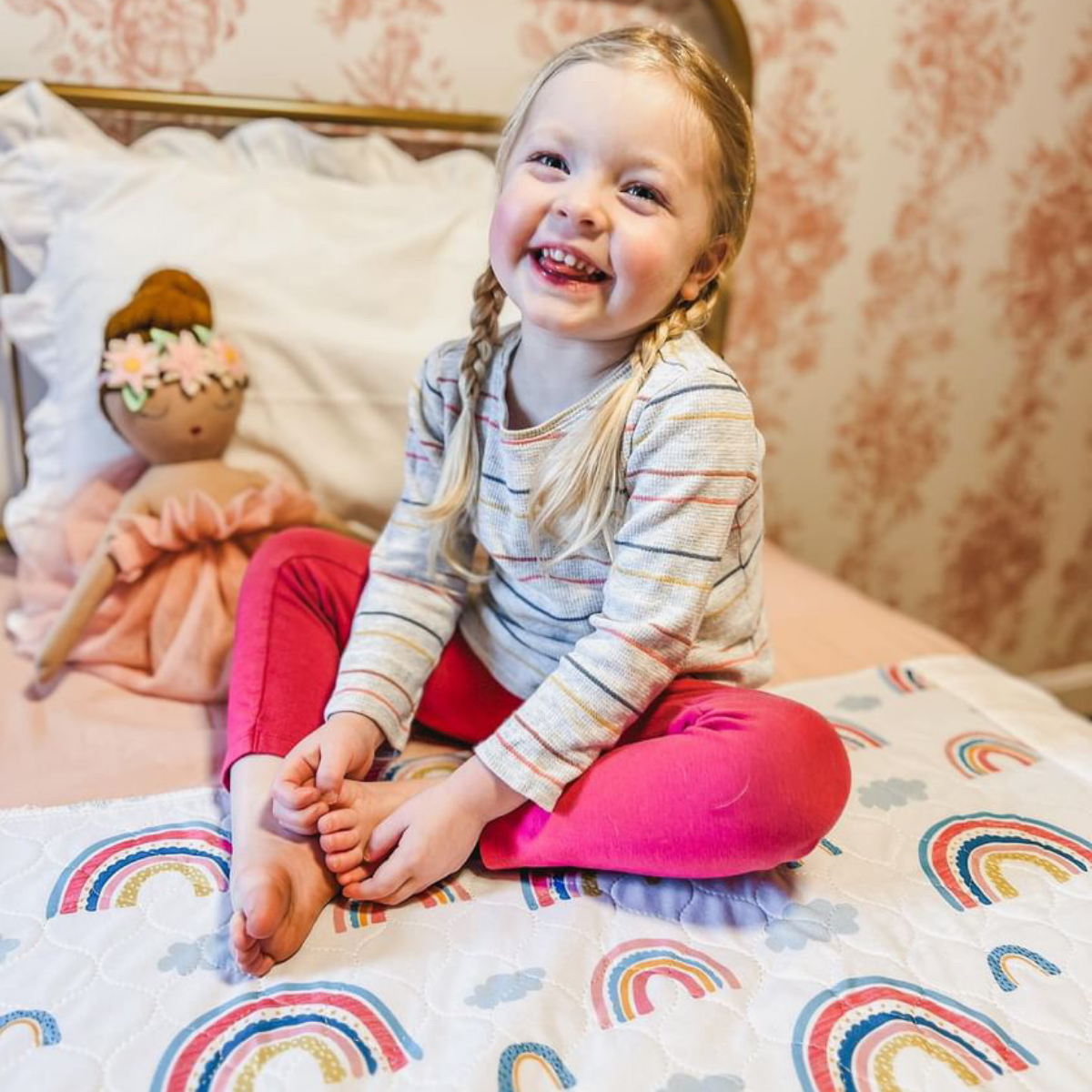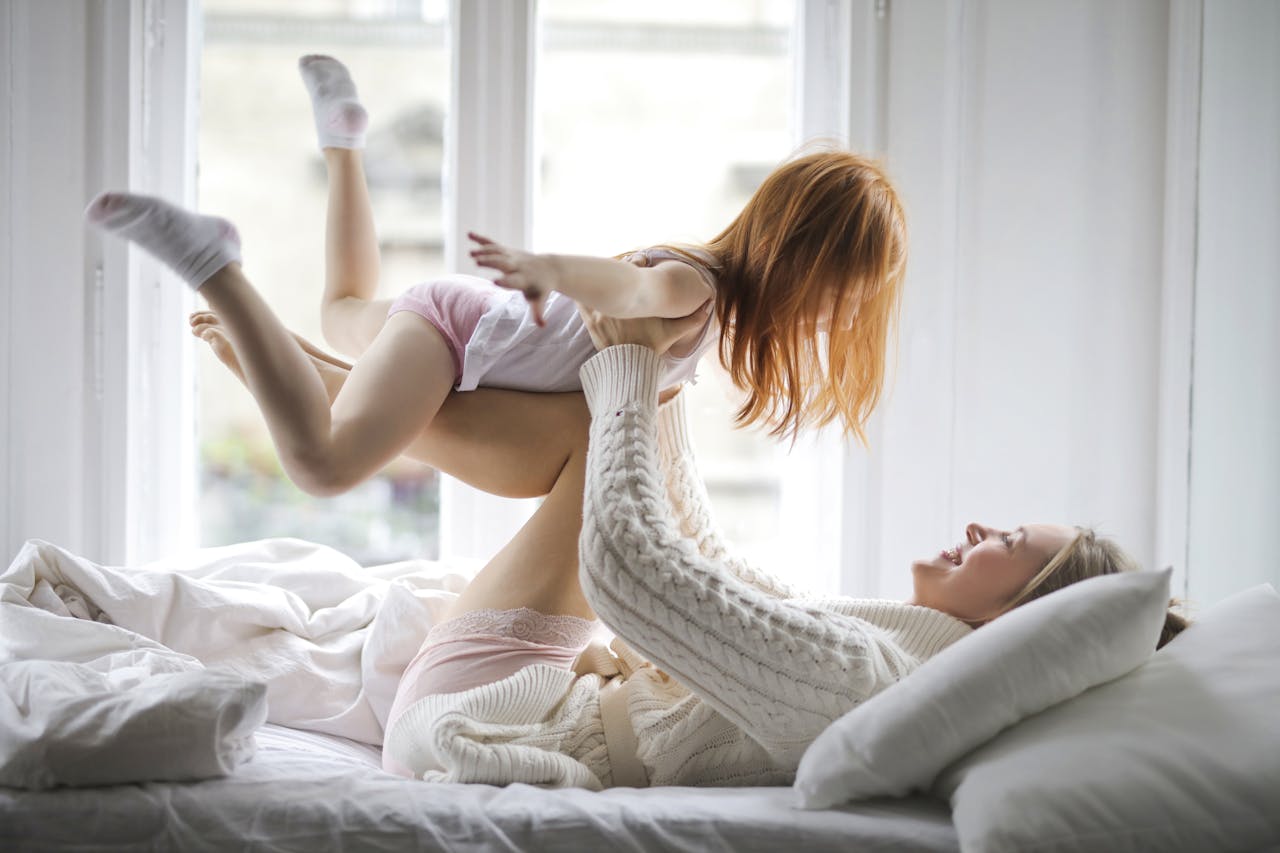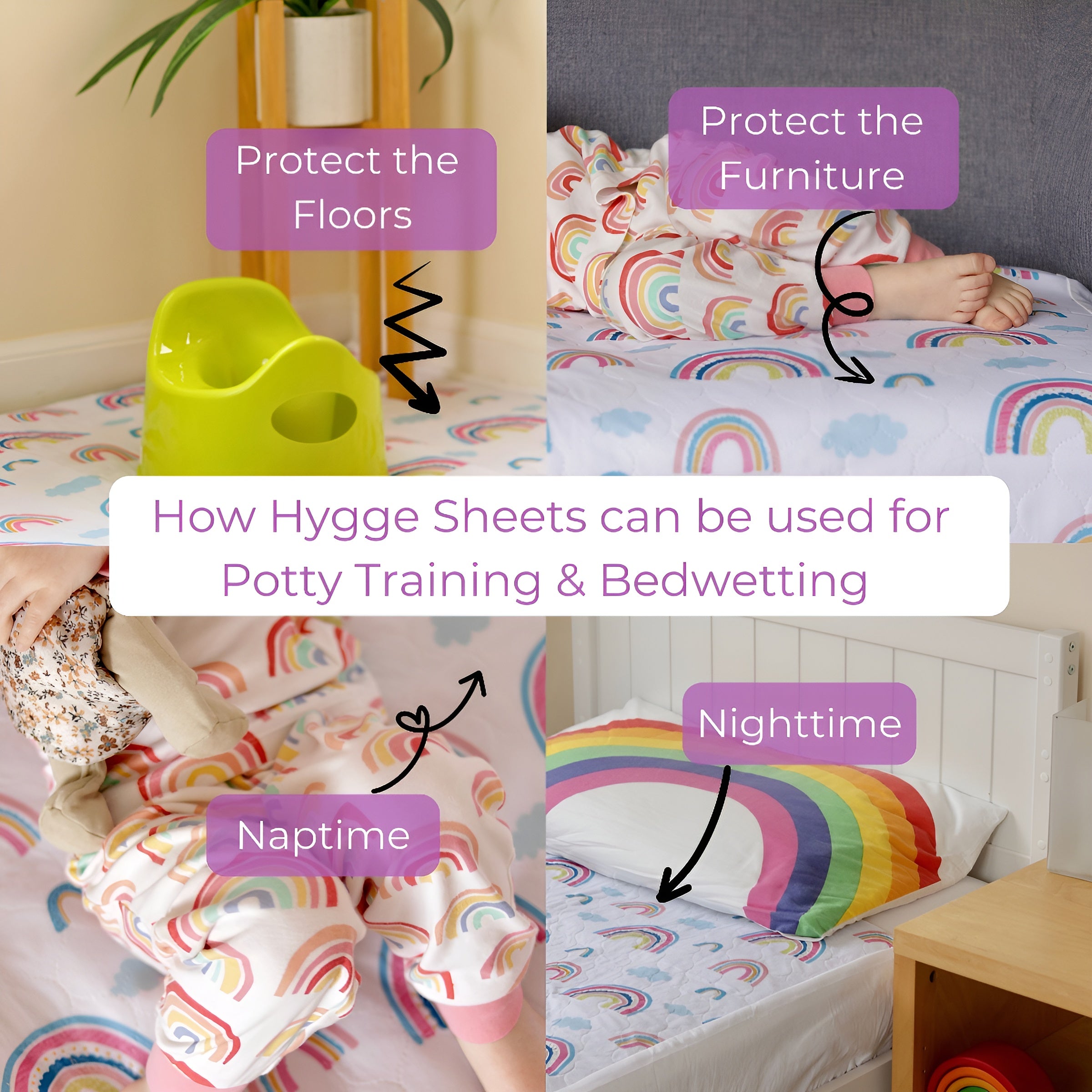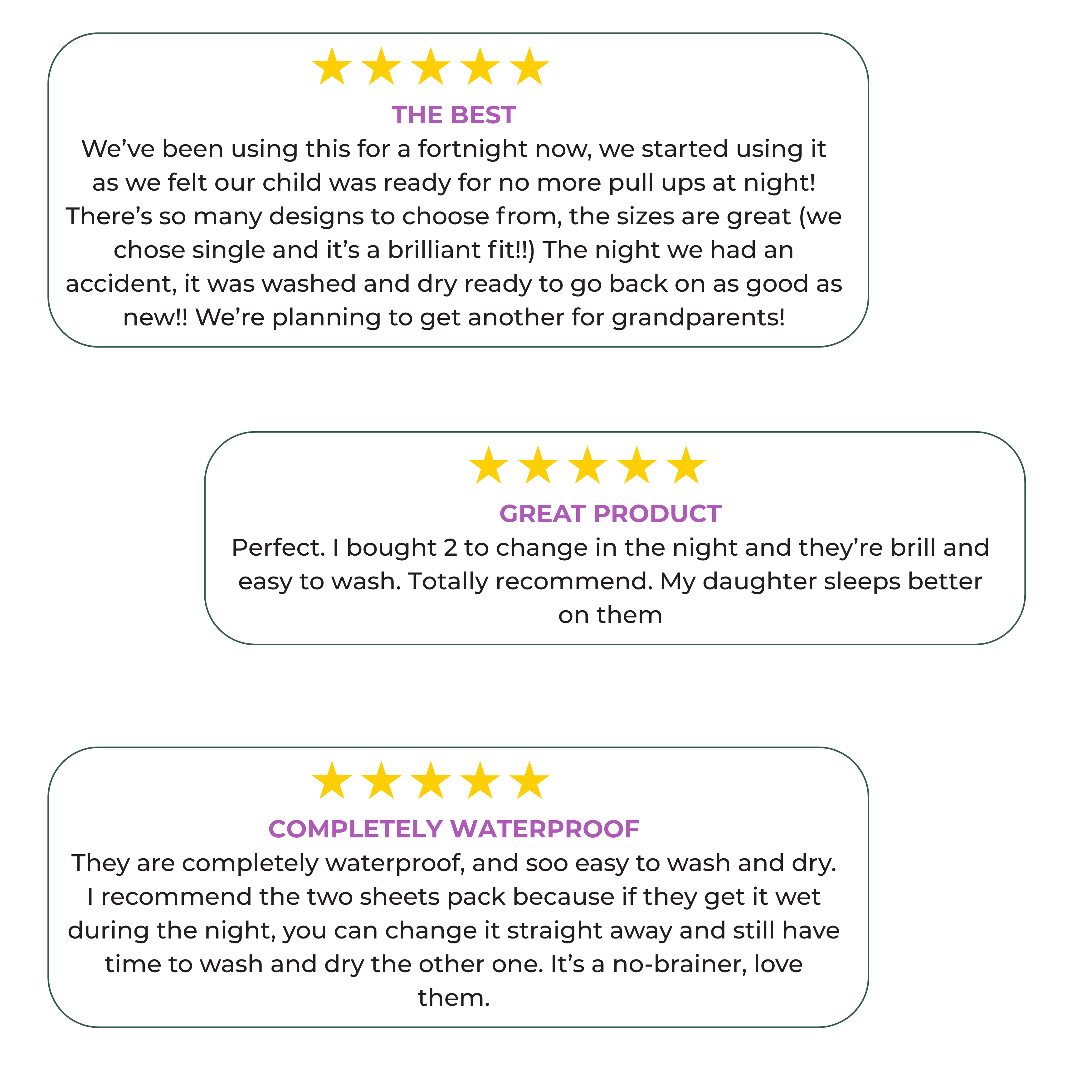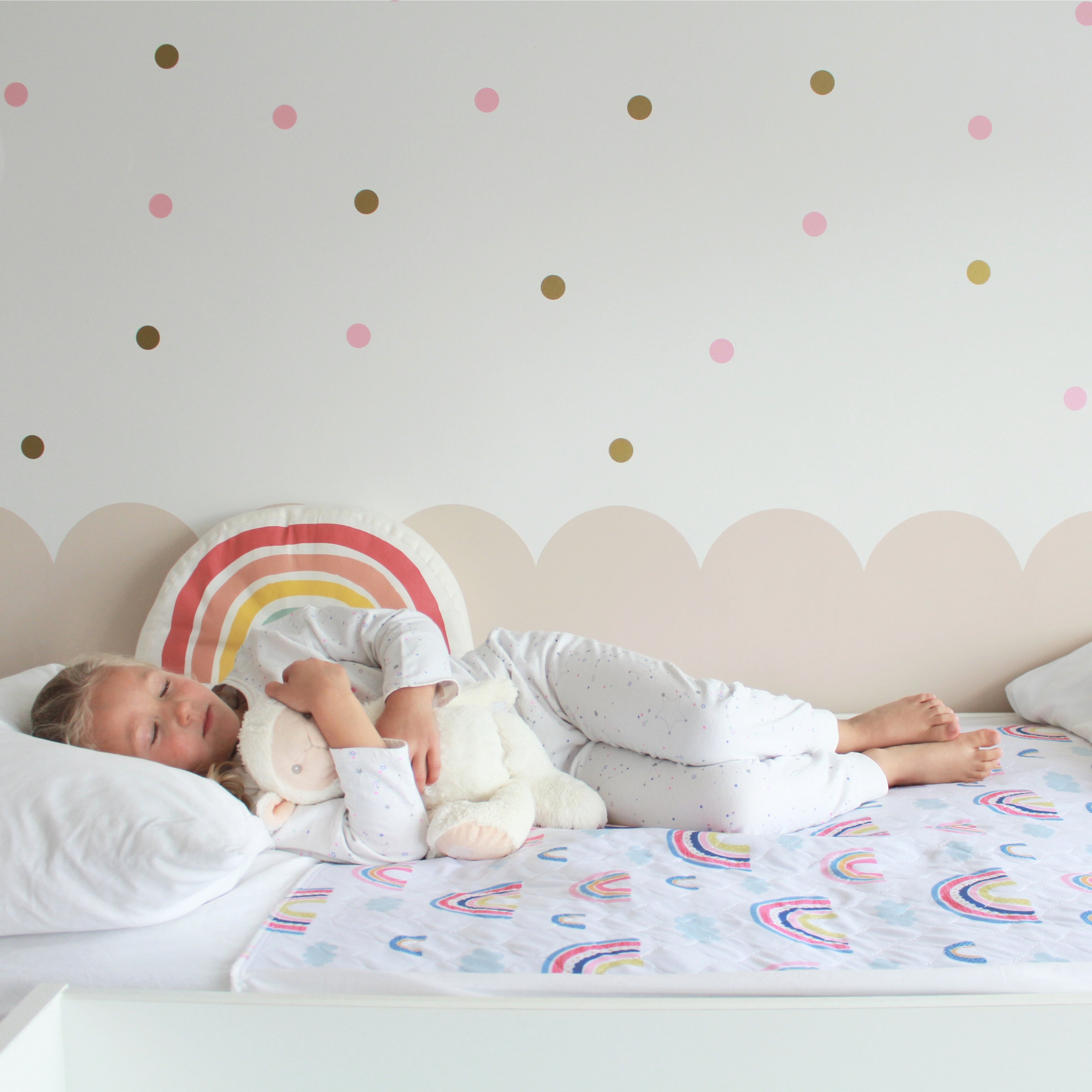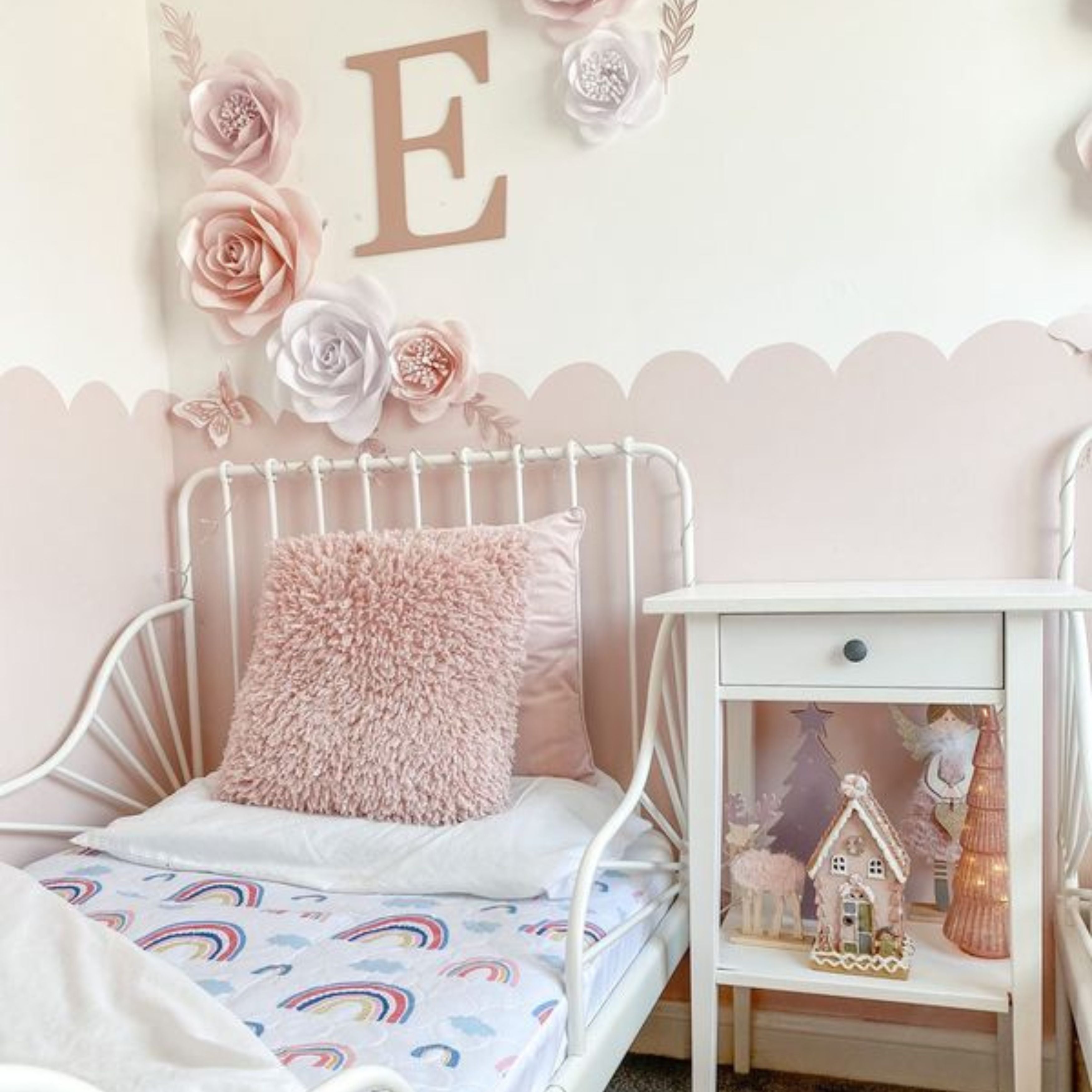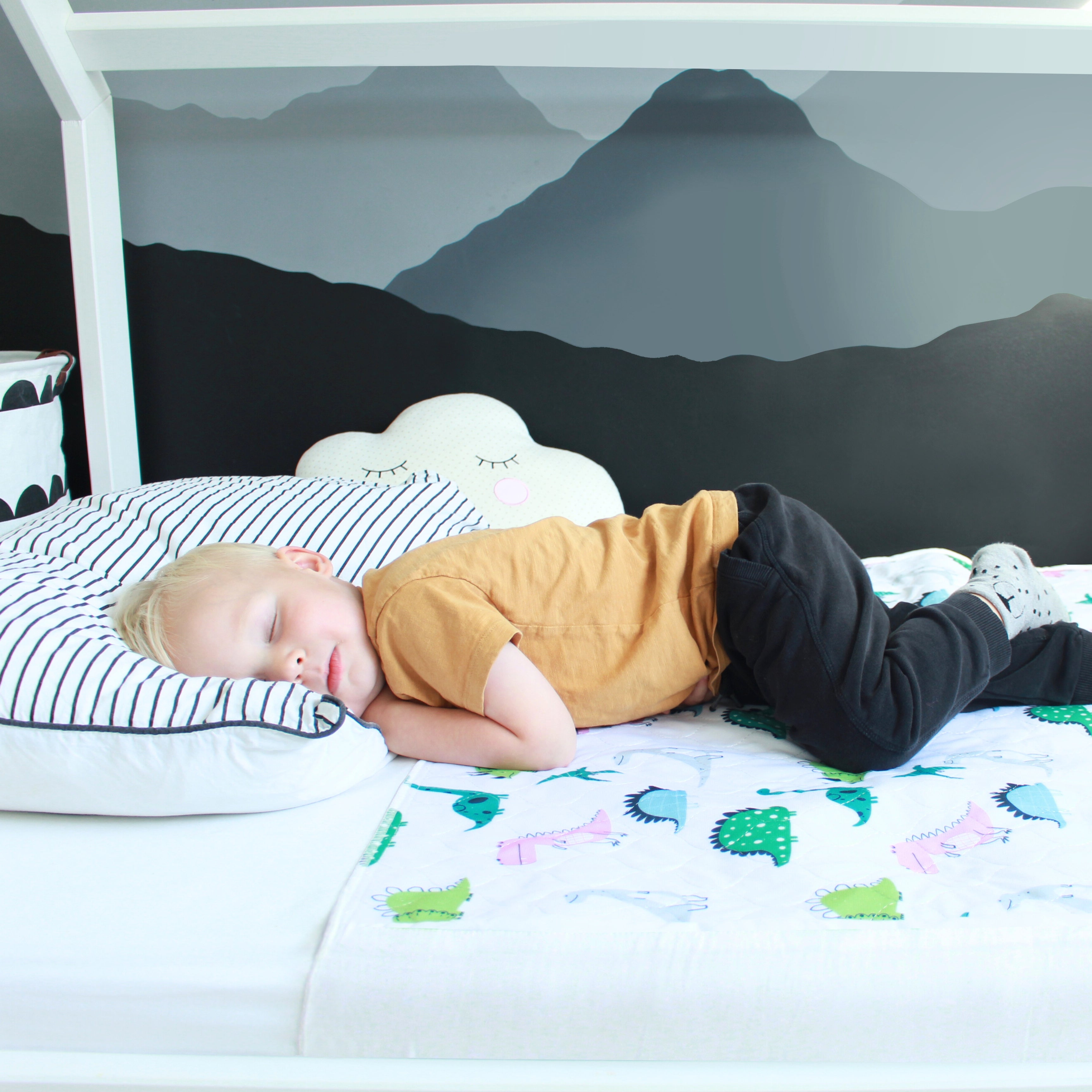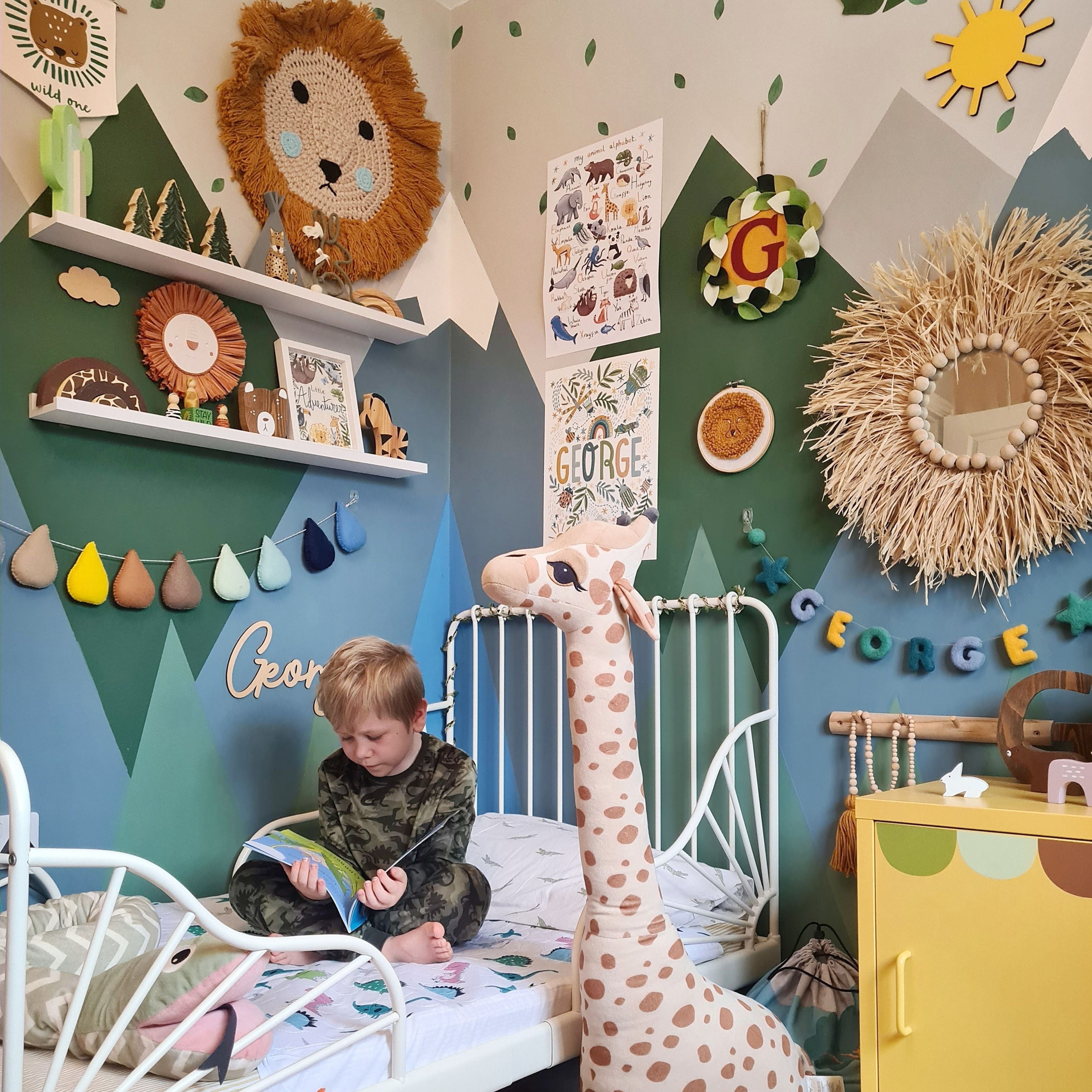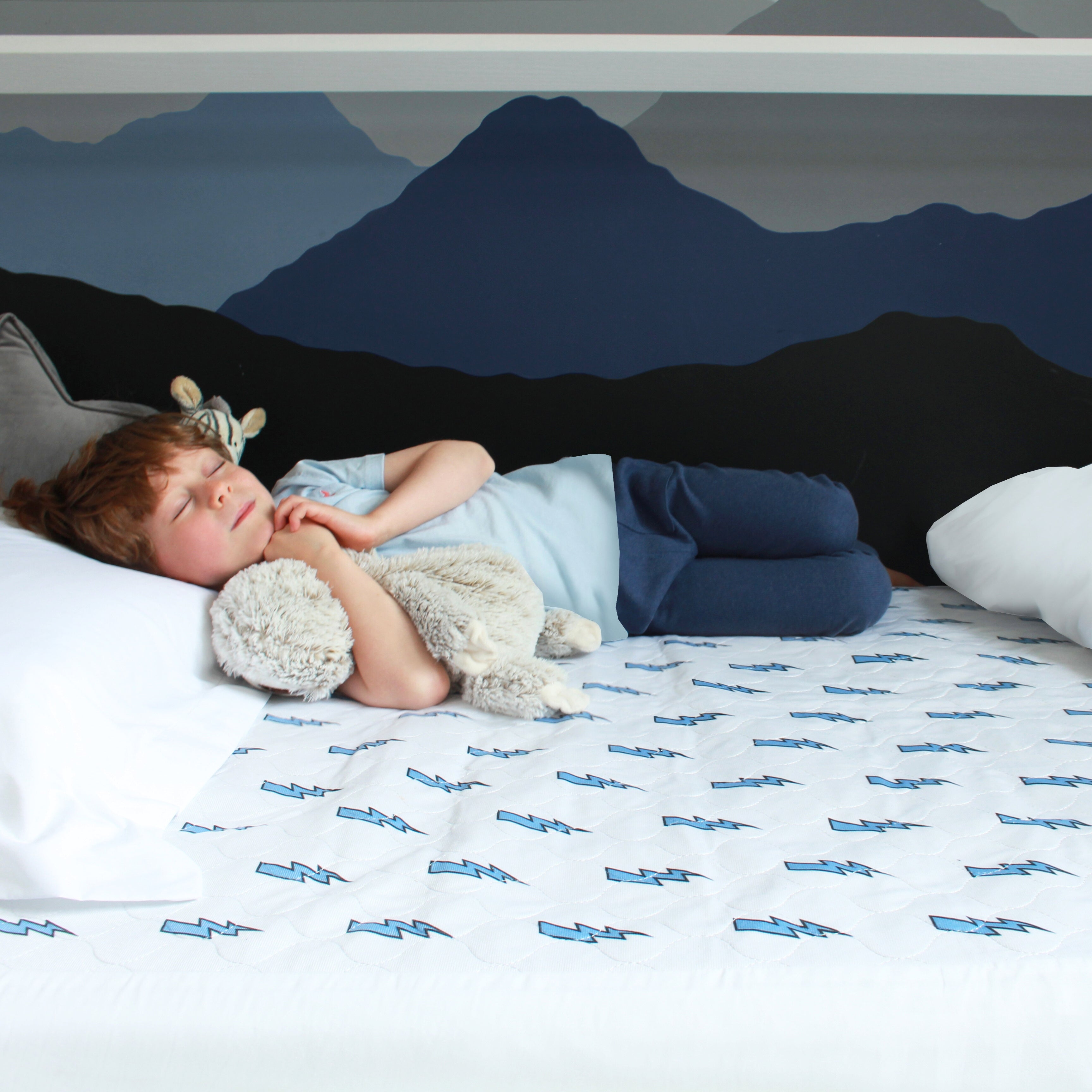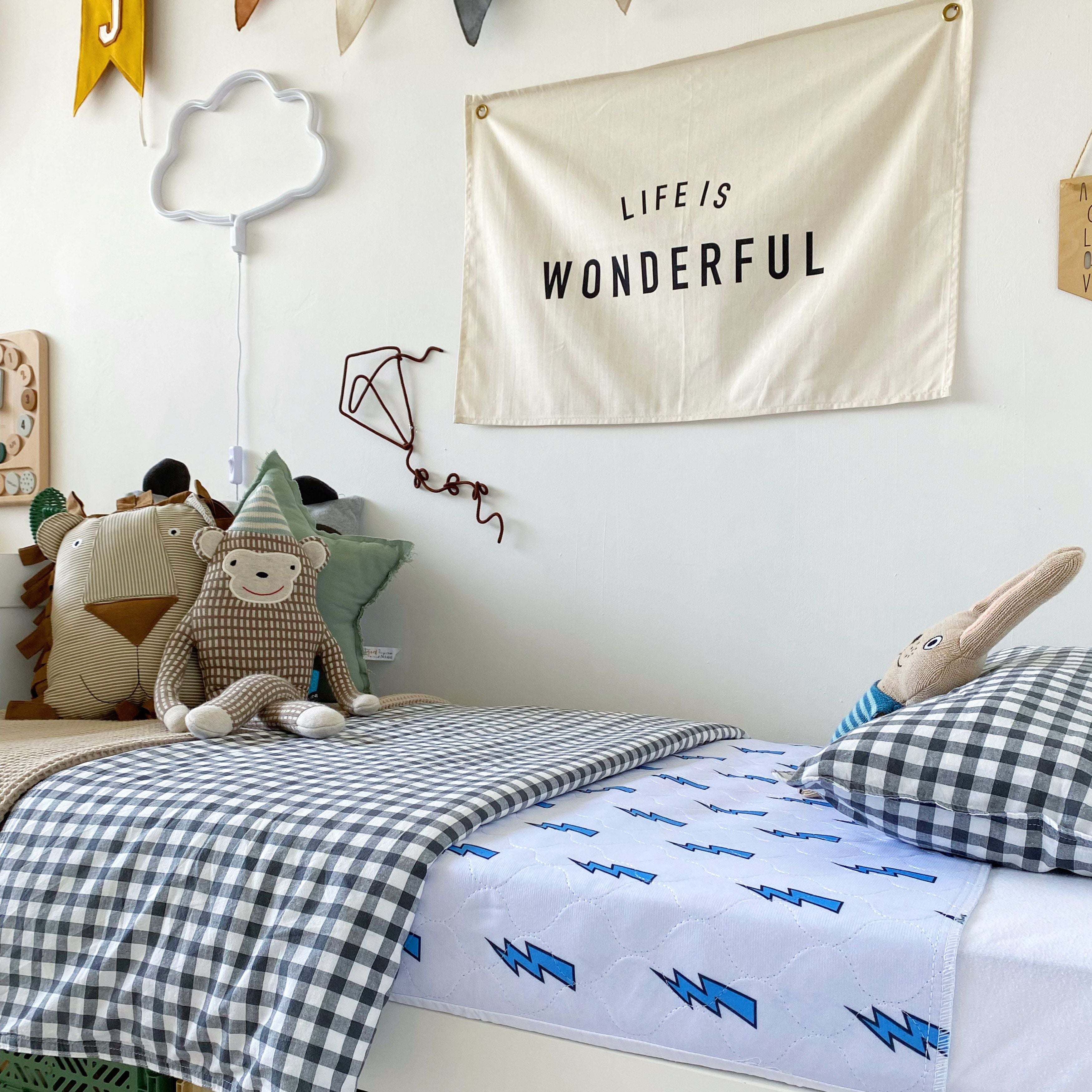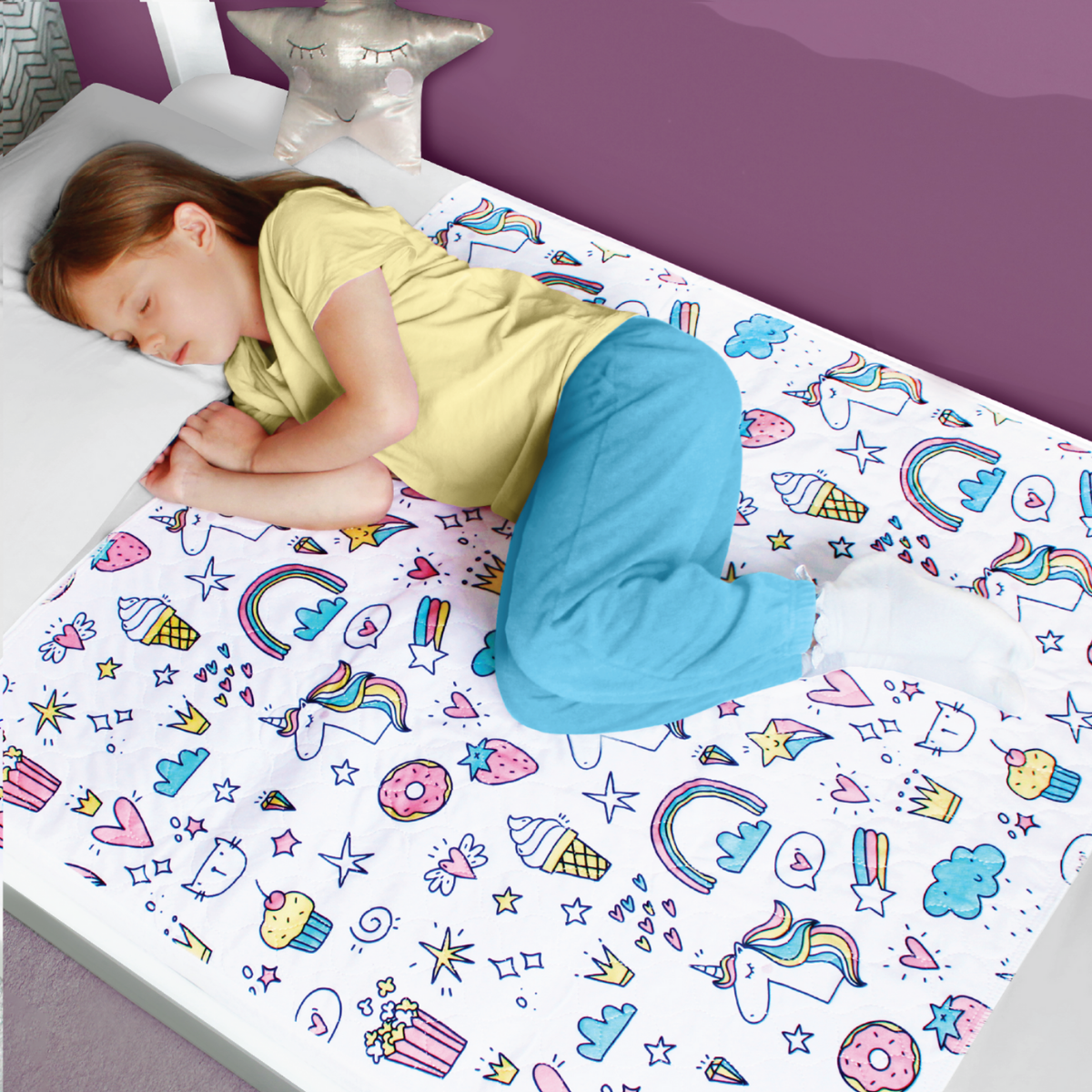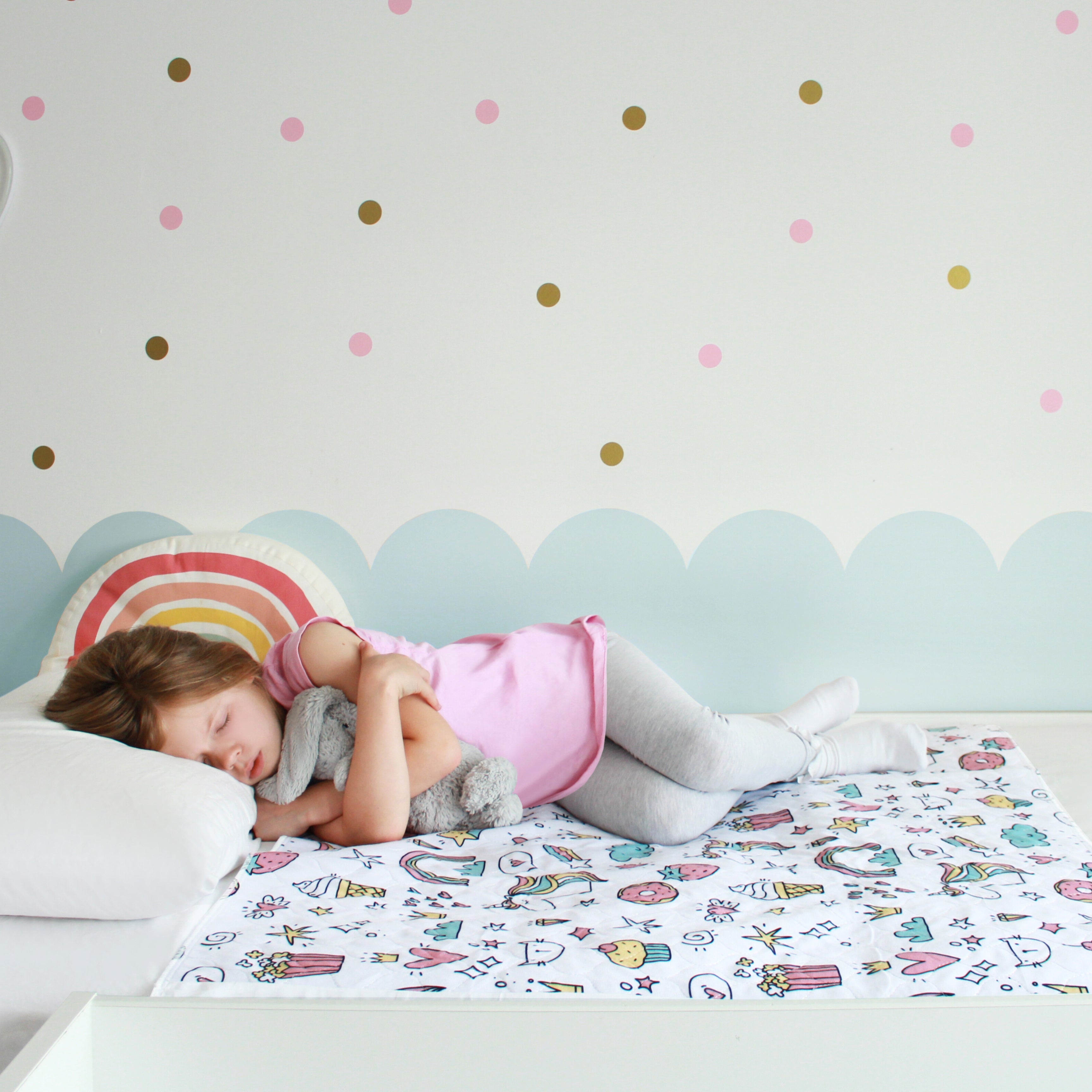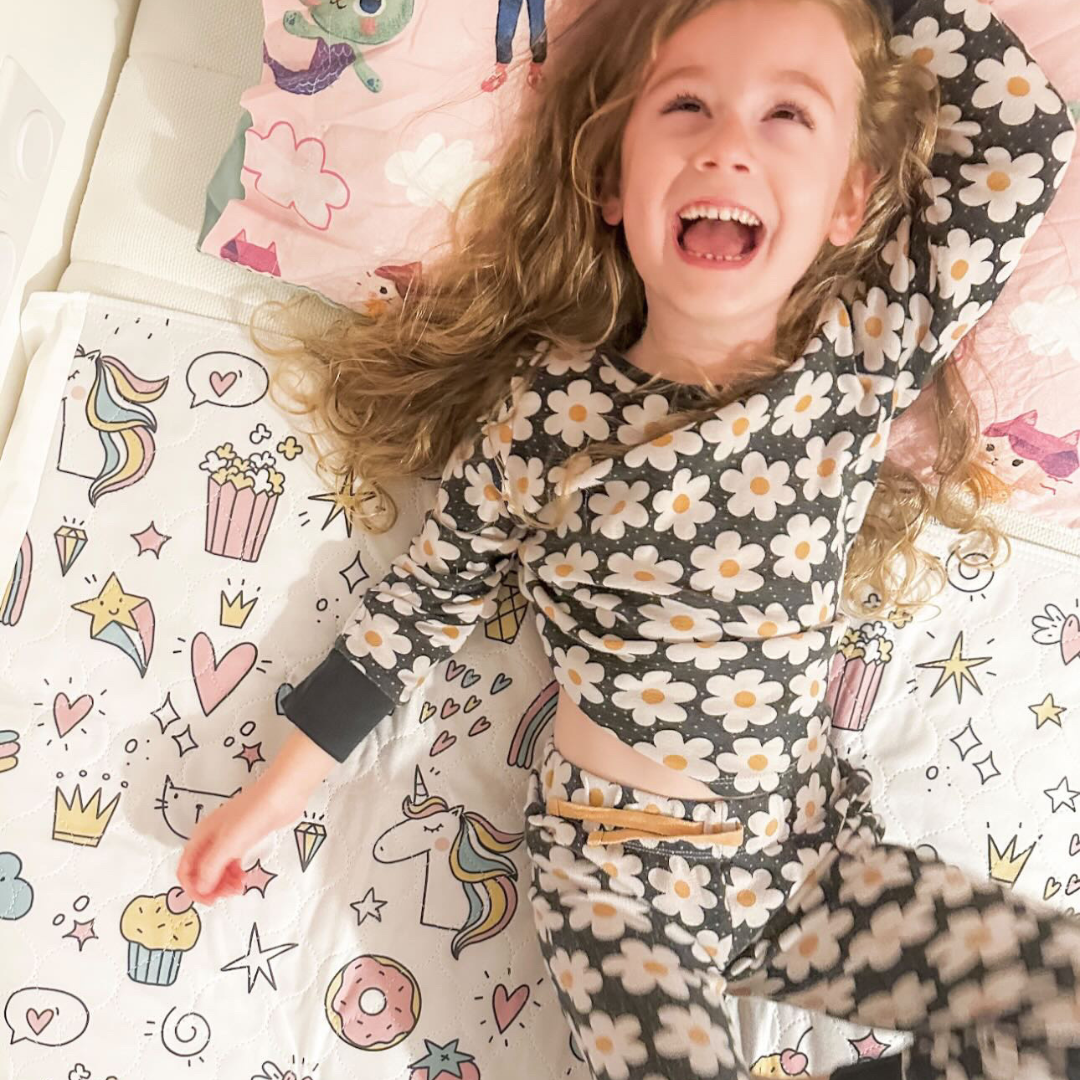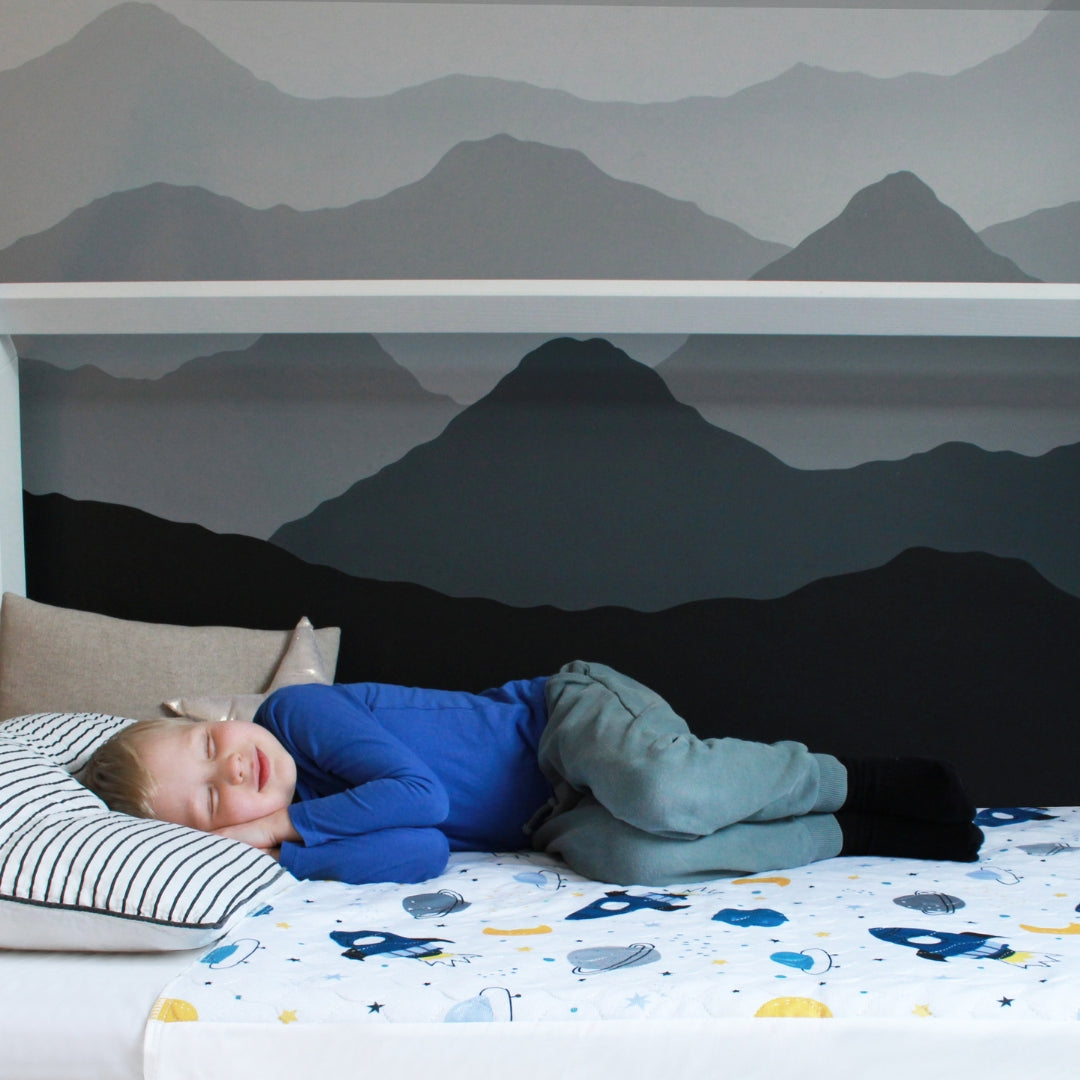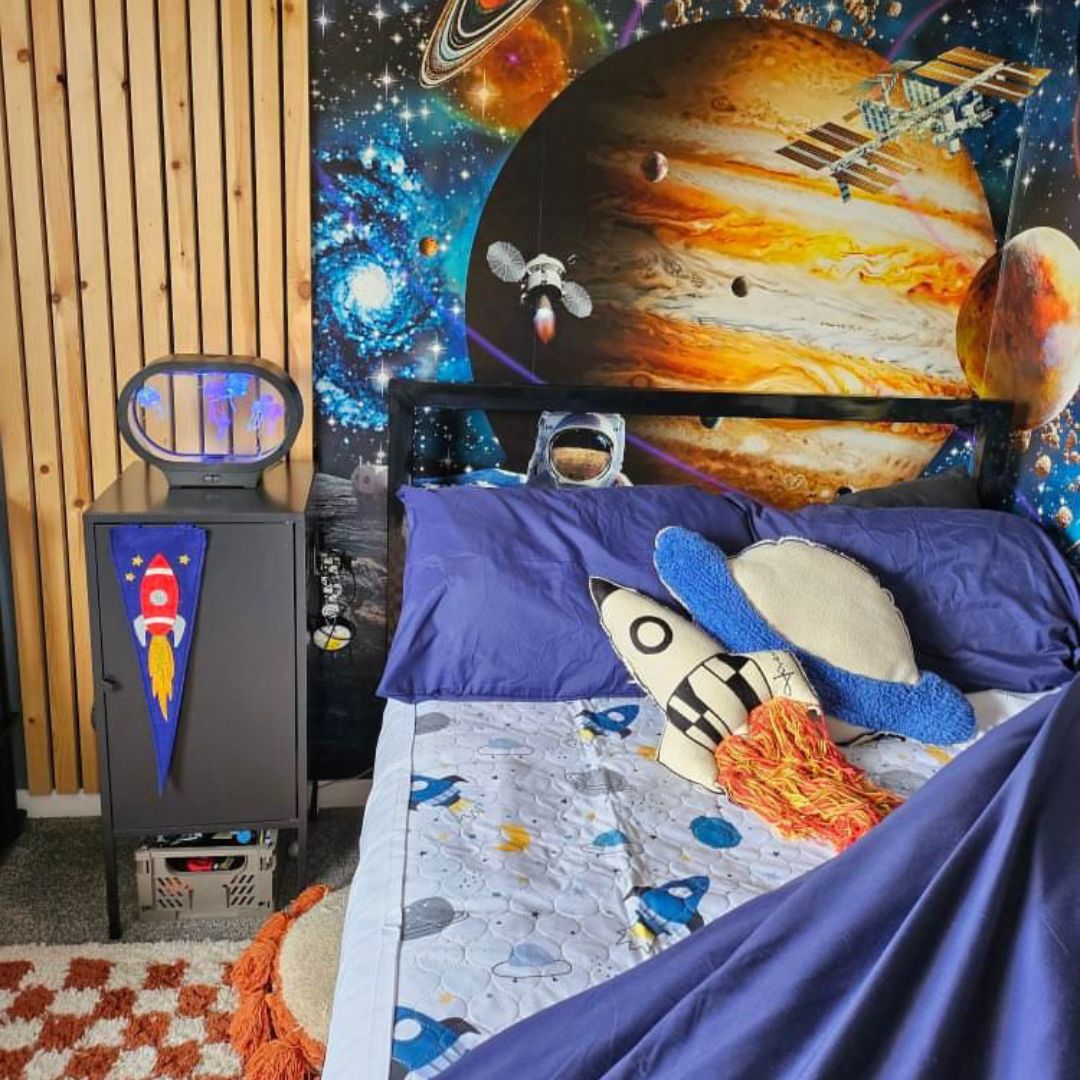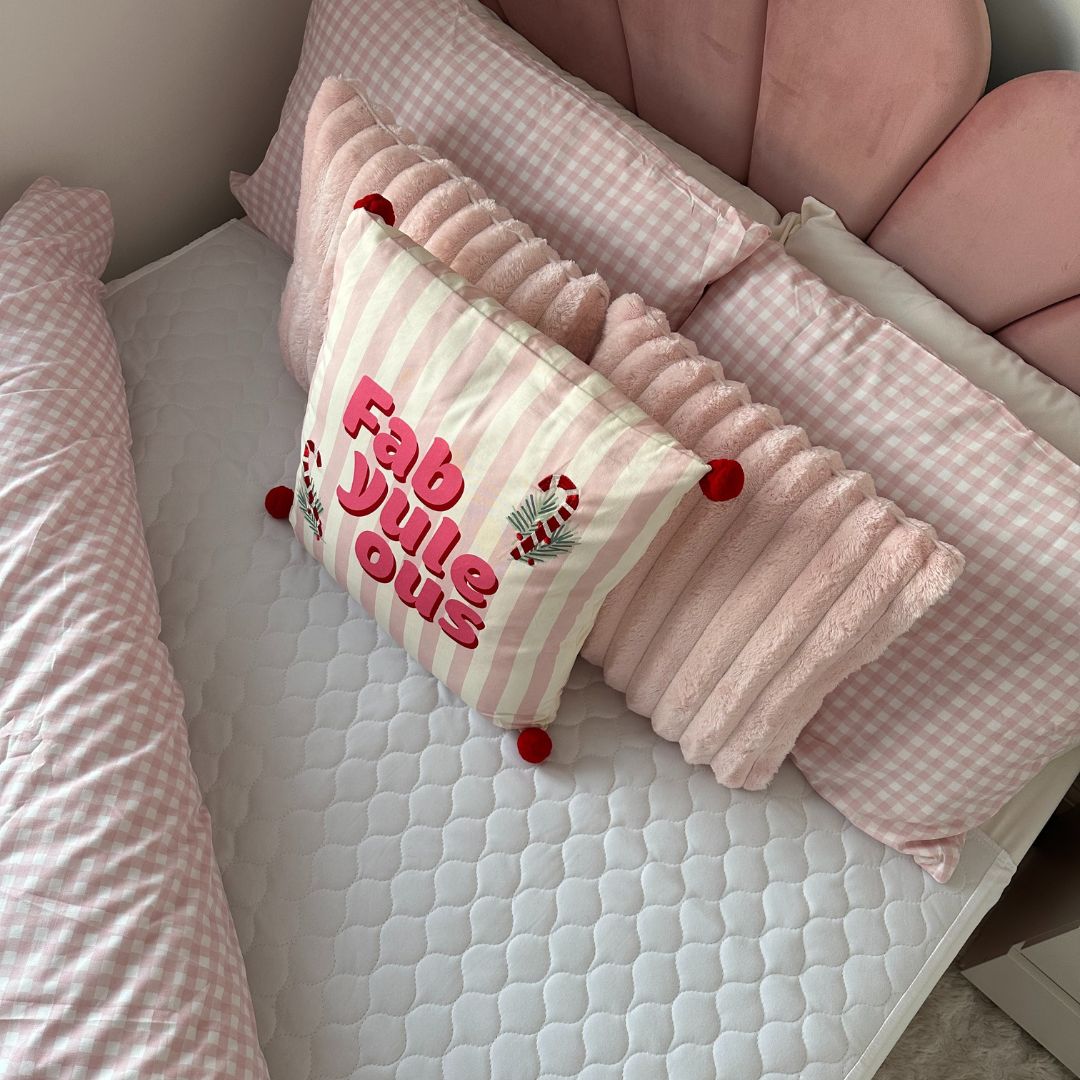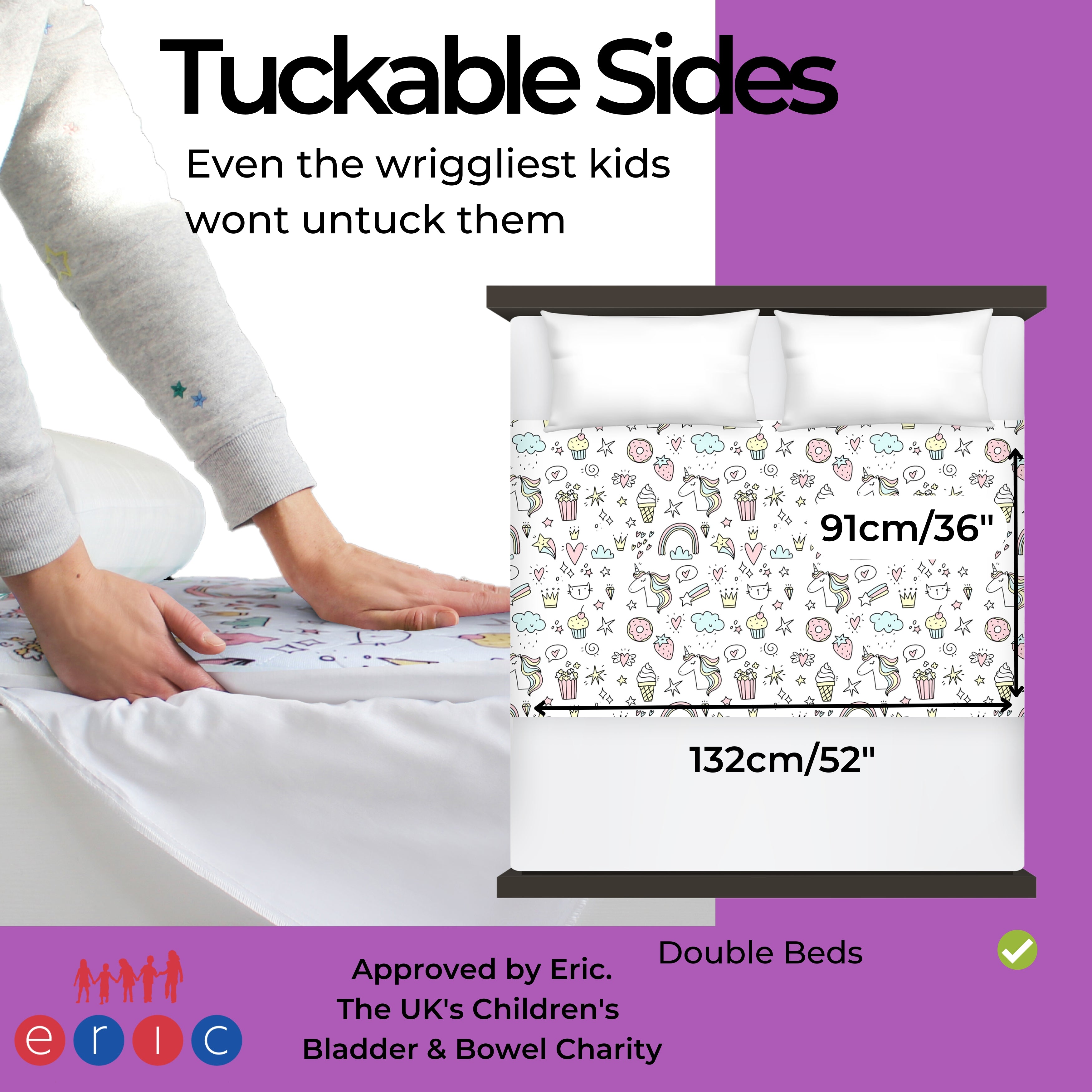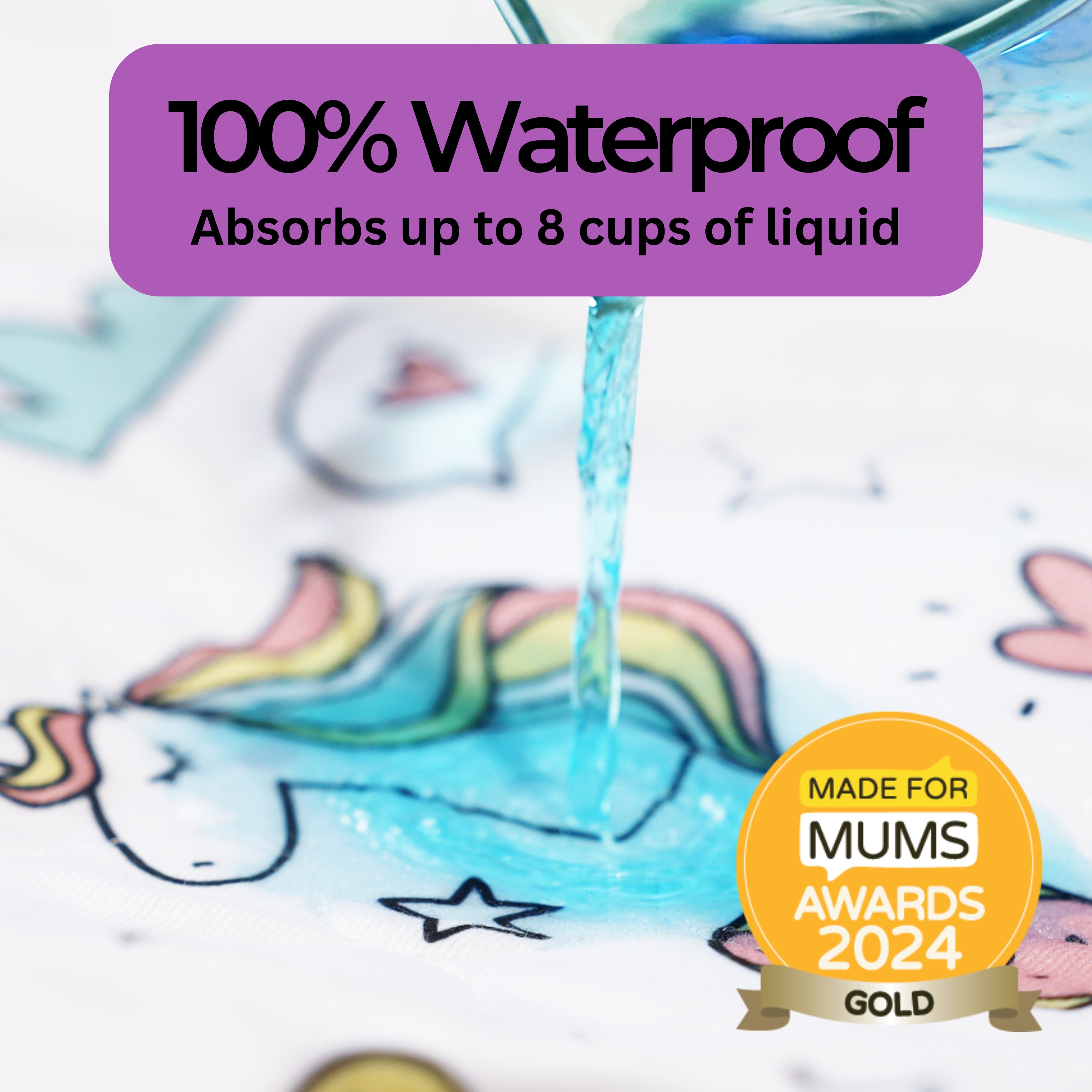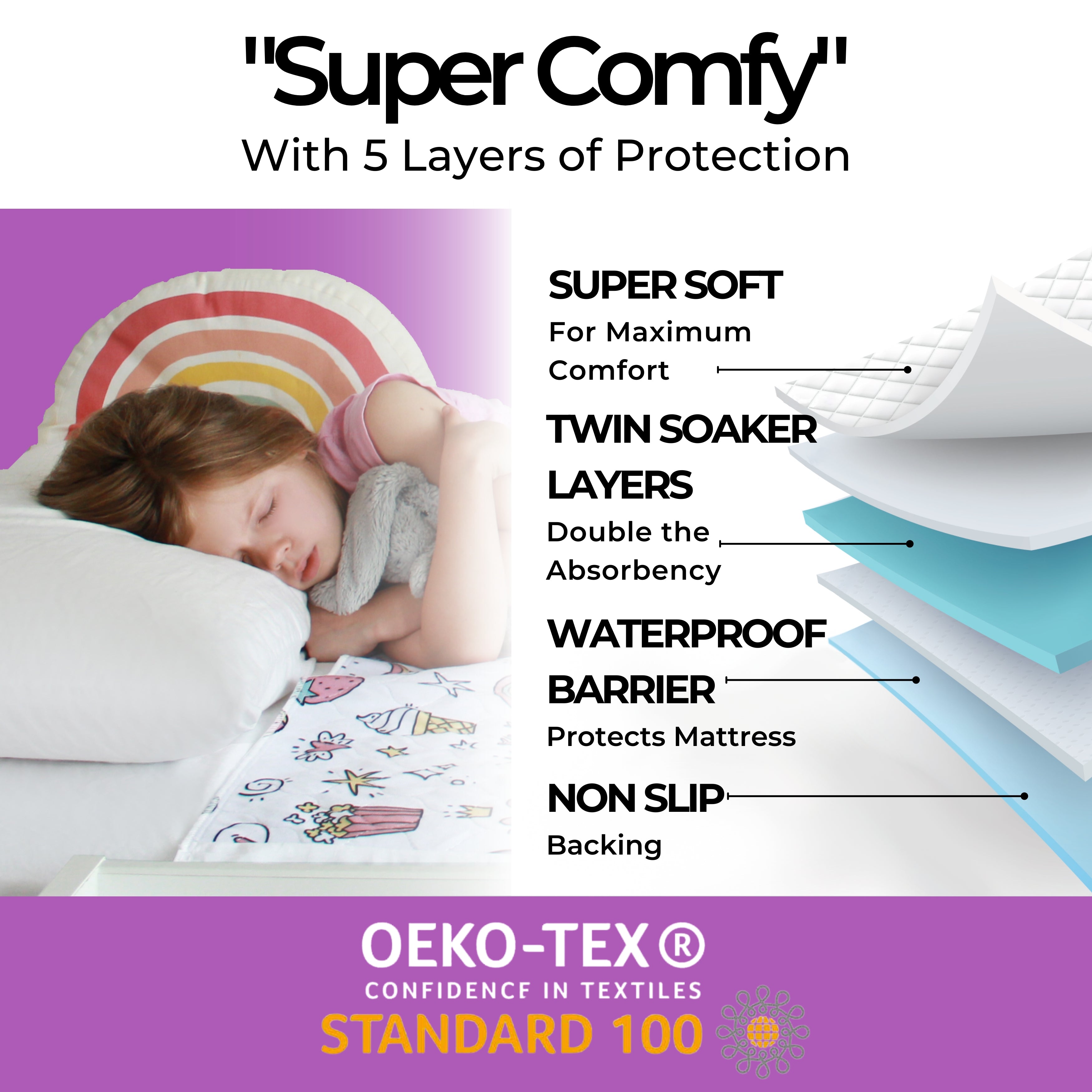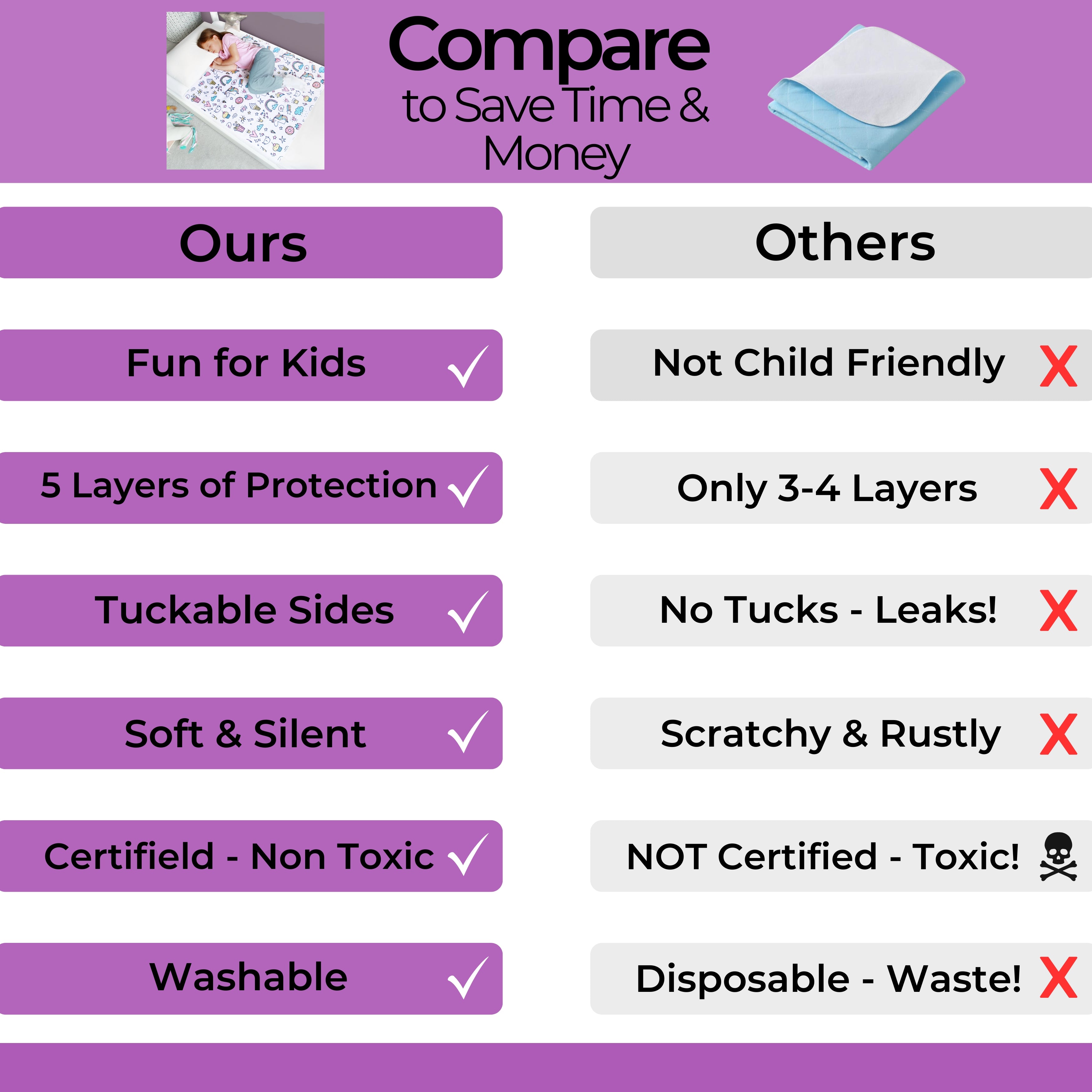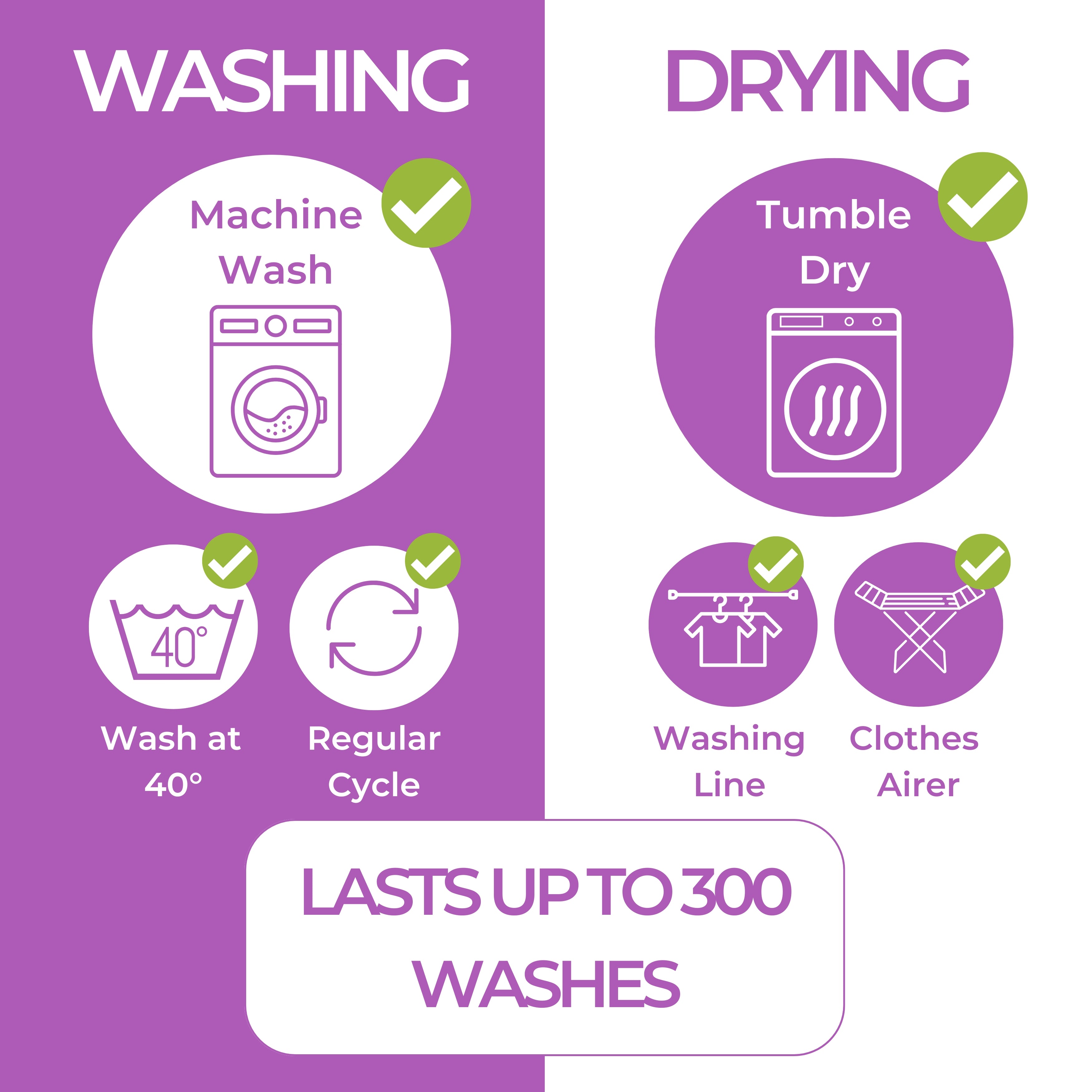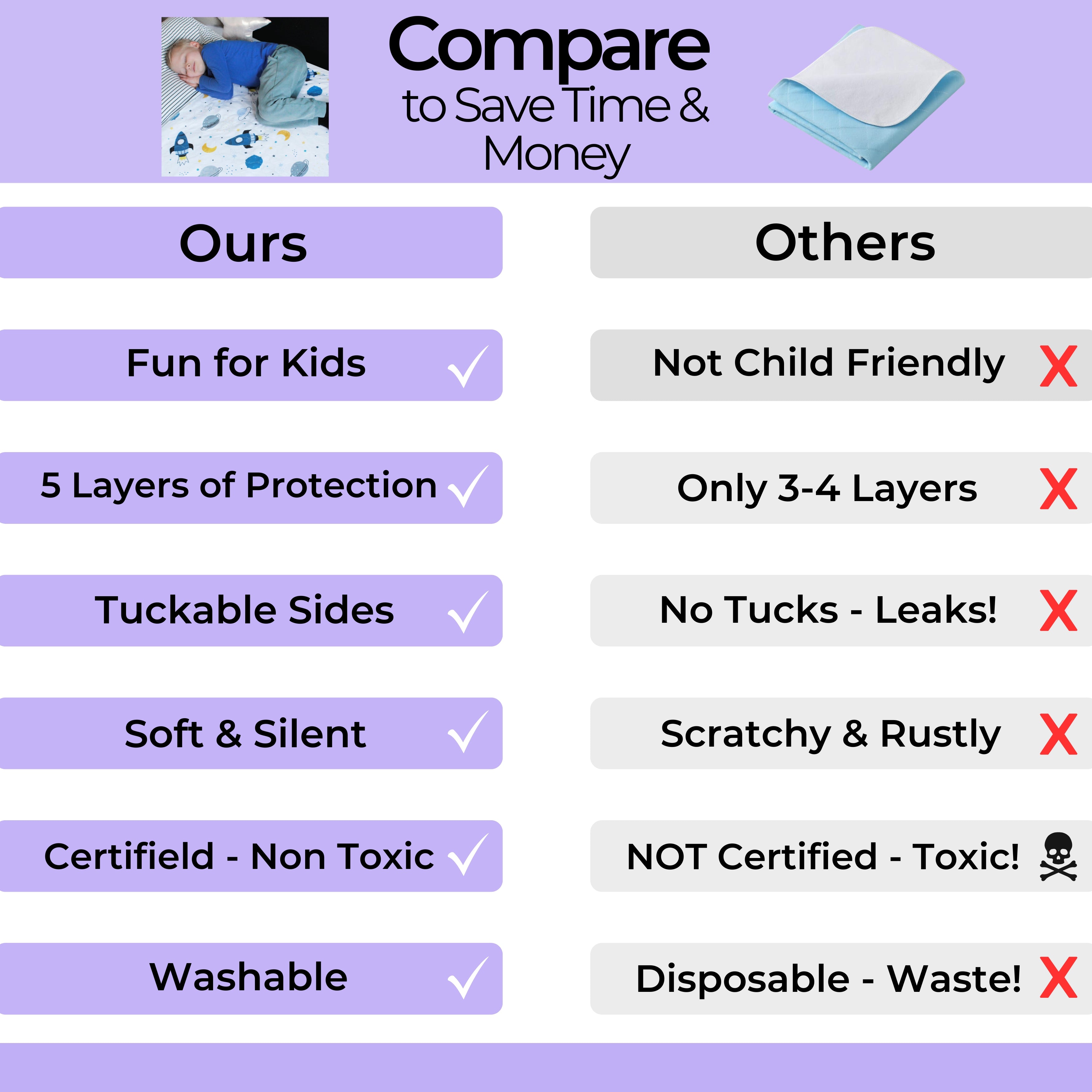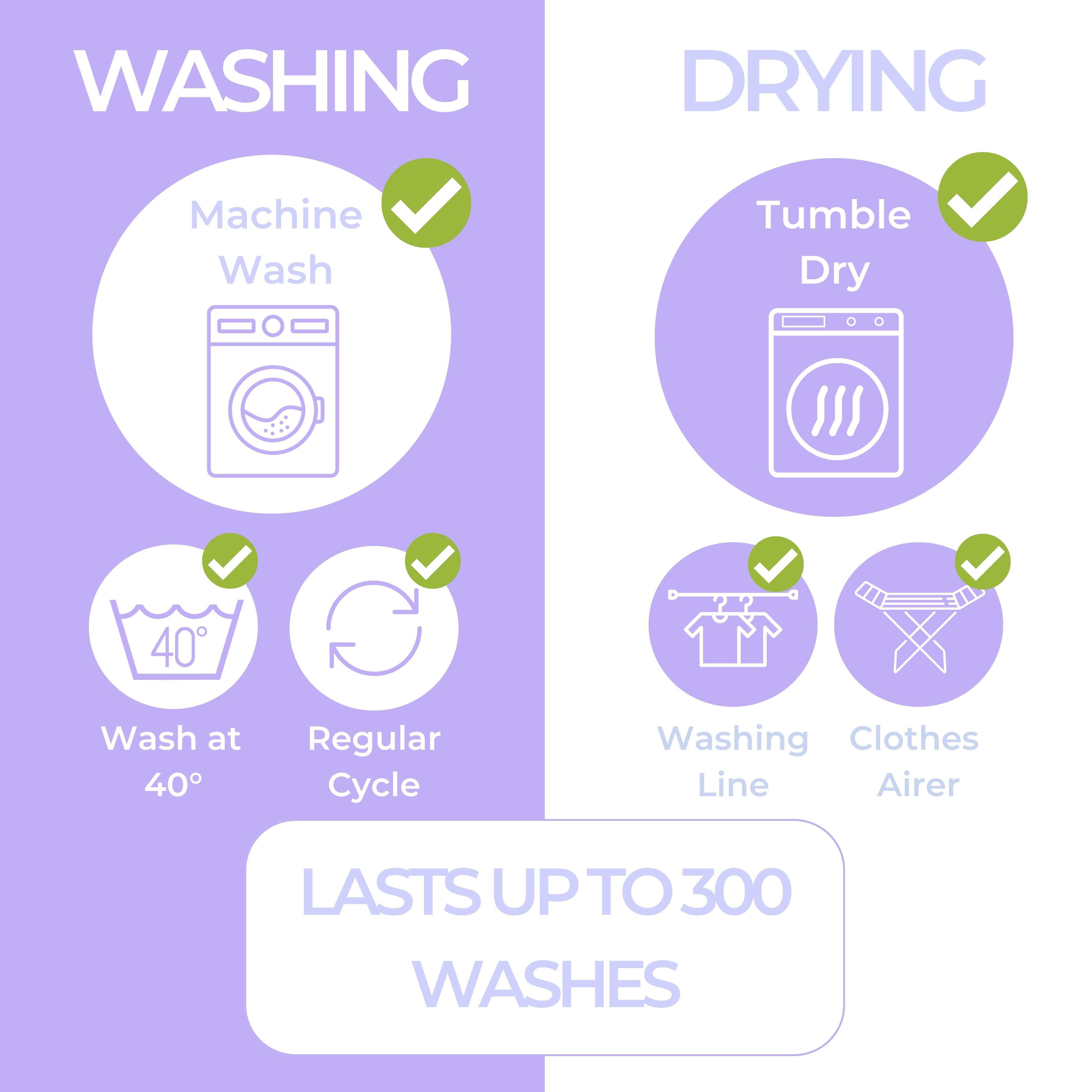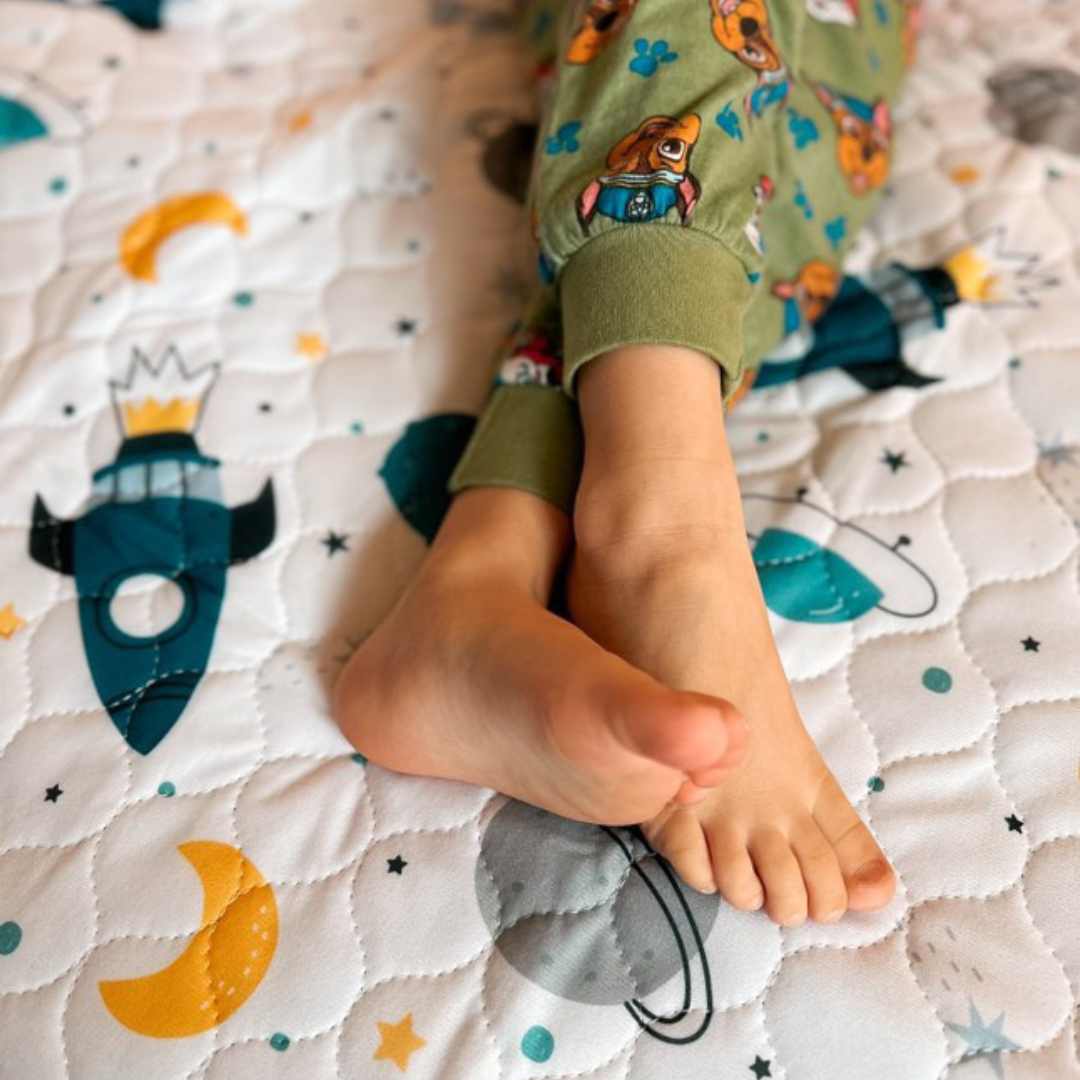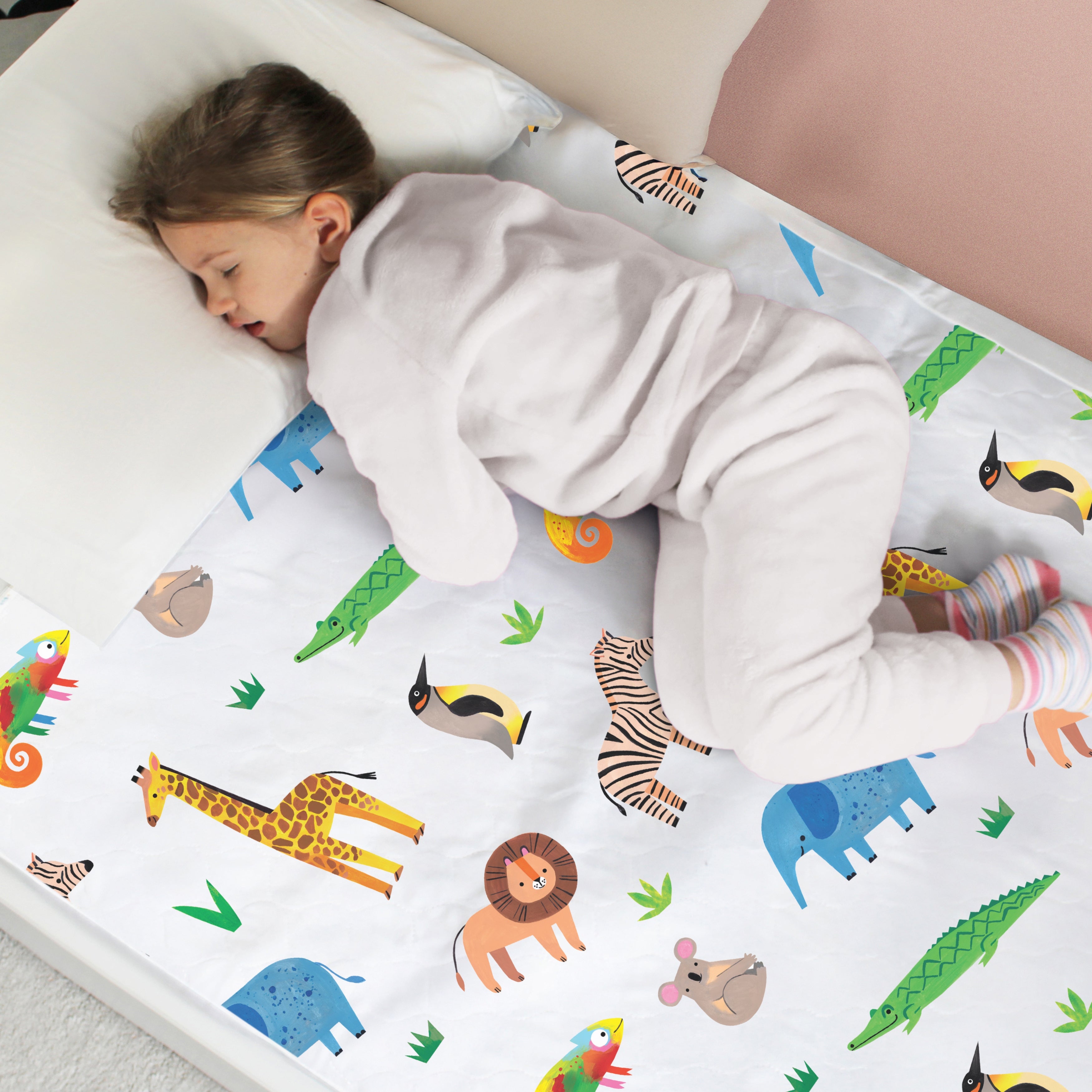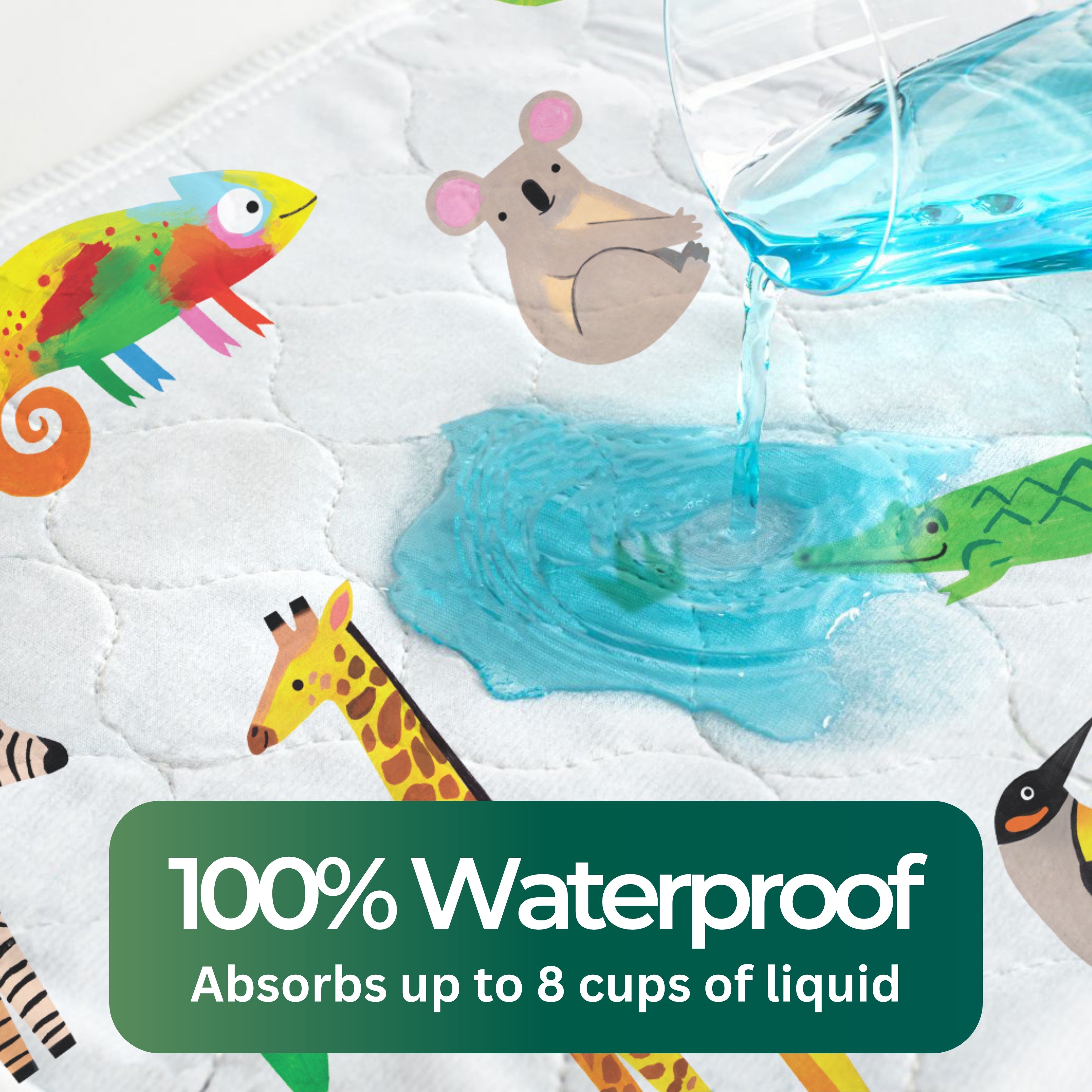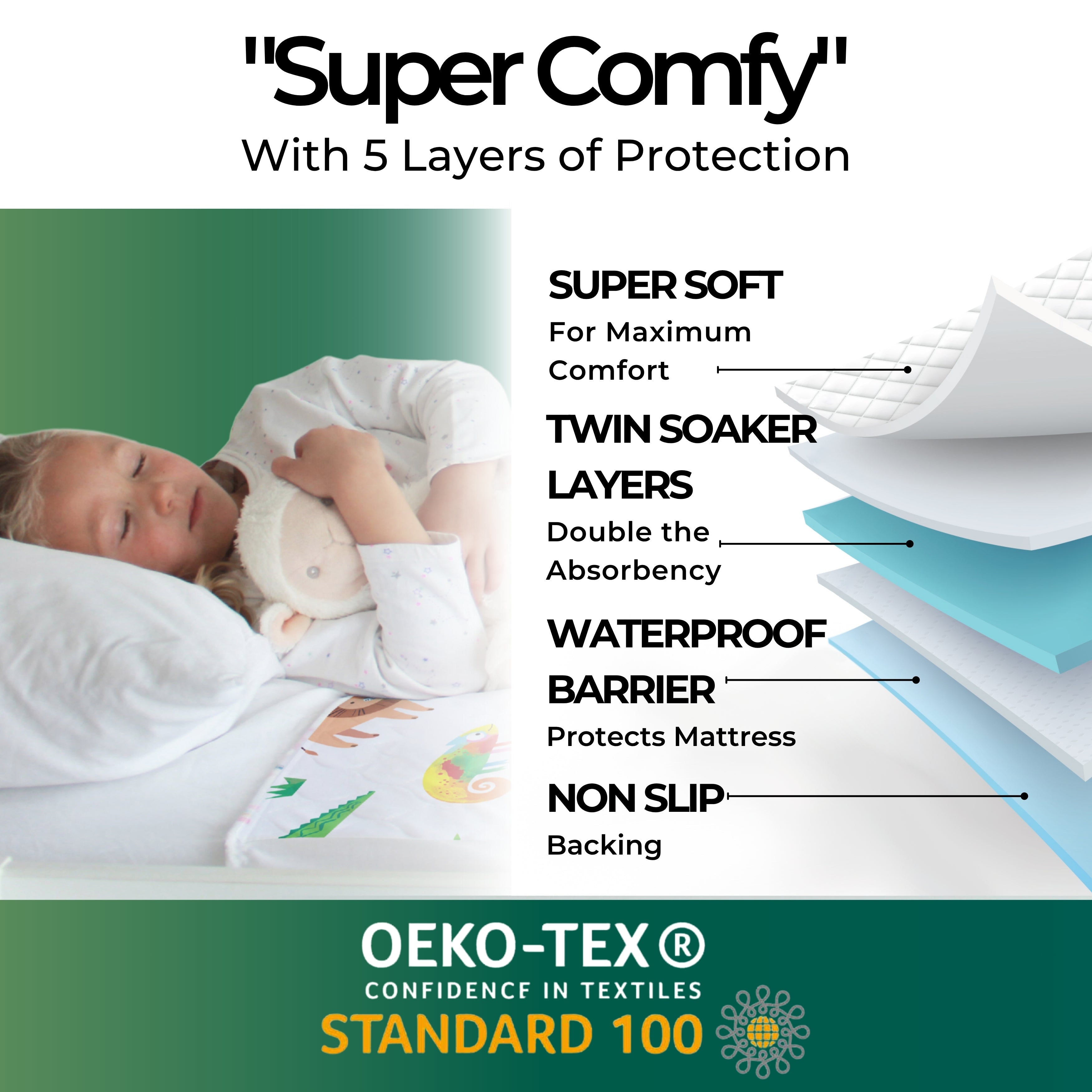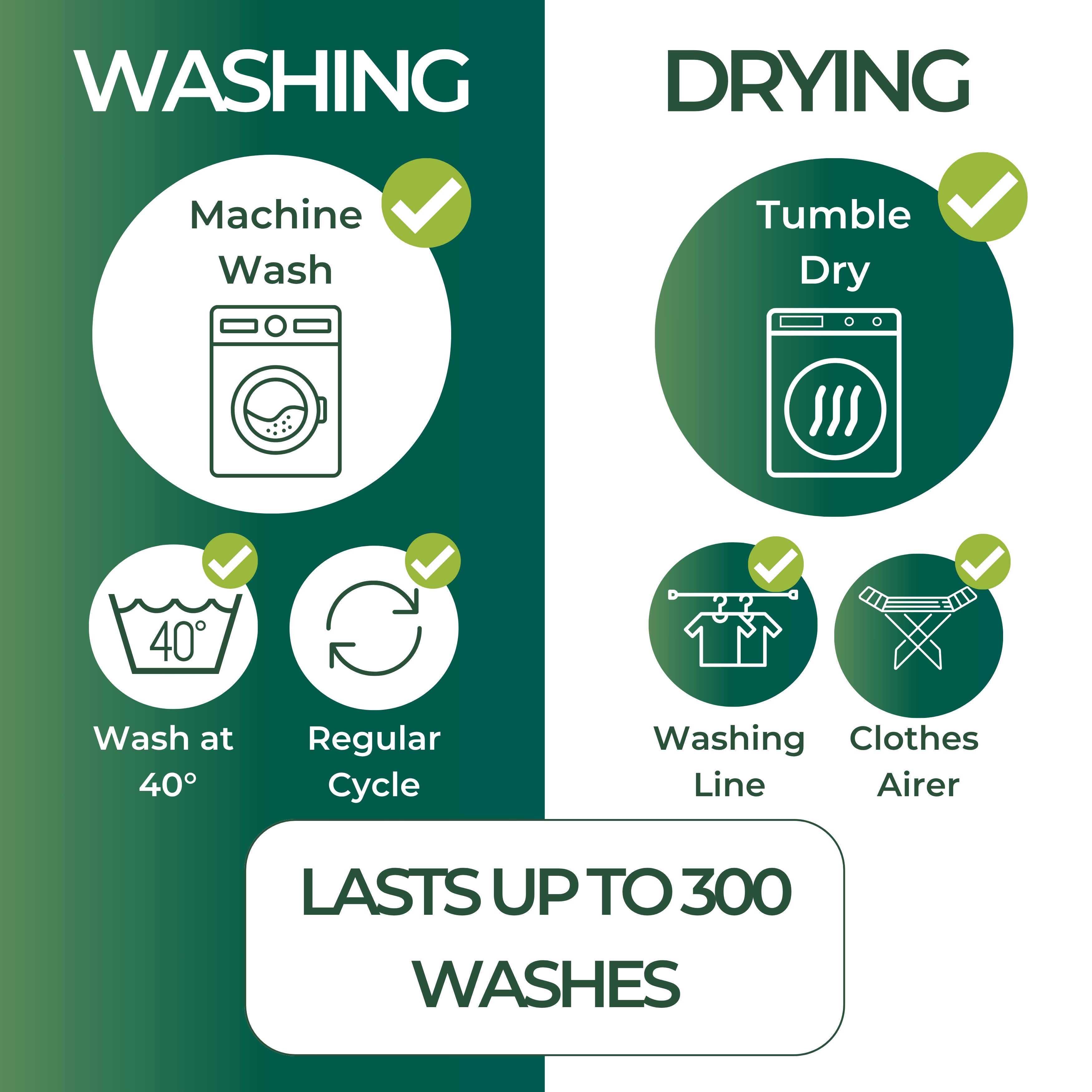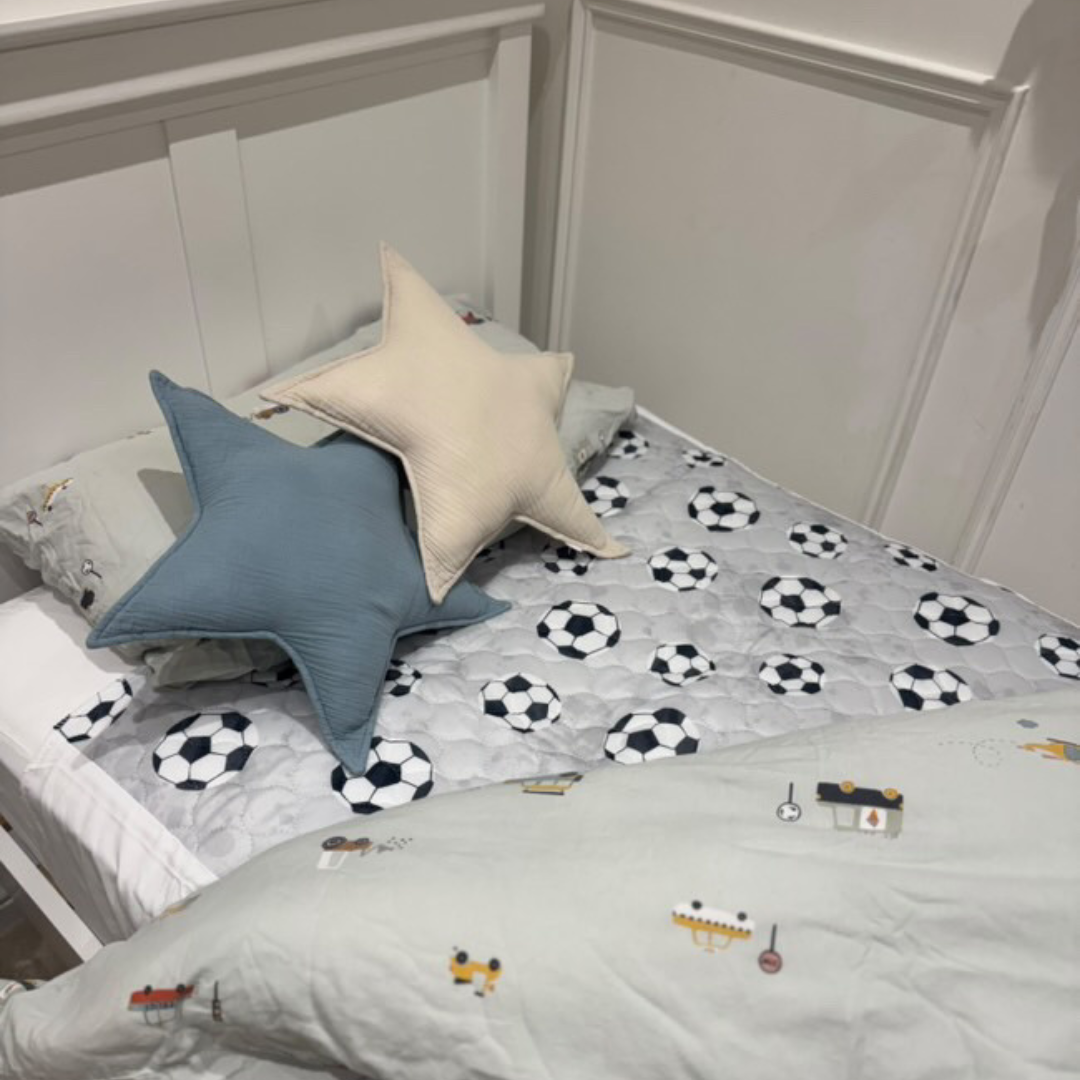I’ll admit it, sometimes I reuse nighttime pull-ups if they weren’t wet through the night. Yes, I said it. I even had a friend react with a look somewhere between horror and disbelief when I casually mentioned it. But honestly? I don’t see the problem.
Parenting is full of little hacks, compromises, and those moments where you just have to do what works for your family. Whether that’s skipping a playdate, letting your toddler eat pancakes for dinner, or in this case, giving a pull-up a second chance. It’s chaotic, far from perfect, and a little unorthodox, and honestly, that’s what makes it genuine.
Nighttime potty training is tricky. Some nights are dry, some nights are wet more than once. It’s unpredictable, exhausting, and can make you feel like you’re constantly chasing a moving target. On those dry nights, throwing a perfectly clean pull-up into the bin feels wasteful both for cash flow and the environment.
So yes, I reuse pull-ups sometimes. It’s practical, it’s resourceful, and it’s one of those small parenting hacks that keeps life a little easier. And I have a feeling I’m not the only one doing it.
The Cost of Nighttime Pull-Ups
Nighttime pull-ups are a lifesaver for parents; they save beds, pajamas, and sanity. But being honest, they’re not cheap! If your child uses a couple every night, the cost stacks up quickly. By the time you factor in a full month, you could be spending a small fortune just keeping everyone dry at night.
And the impact isn’t just financial. Disposable pull-ups are made from a mix of plastics and absorbent materials that take hundreds of years to break down. That means every single pull-up you throw away is contributing to a growing mountain of waste. Considering how many nights your child might need them over a few years, it really adds up.
However, nighttime potty training is unpredictable and every child is different! Some nights your child will be dry from start to finish, while other nights your child could have an accident more than once. Reusing a clean nappy once in a while isn’t gross, it’s practical. A small, manageable step towards reducing waste, saving money, and teaching your child (and yourself) that not everything disposable needs to be thrown away after one use. Small changes don’t have to be stressful or inconvenient; they’re just part of parenting in the real world.
You’re Not Alone
When I shared this confession on Instagram, I realised just how many other parents do the exact same thing:
-
“Yes same, if a nappy is bone dry it’s going back on.”
-
“Yes, I reused them if they weren’t wet. Nappies are a huge landfill problem, if I can reuse something again, I most certainly will.”
-
“Reuse for one more night.”
-
“I’ve spent 8 years buying nappies, I am going to save money wherever I can.”
-
“My daughter has started waking in the night with a wet nappy asking for a wee and a fresh nappy, so the fresh one is normally dry by the morning. That becomes the next night’s first one! I’m hoping this is a step towards her being dry at night, that she’s a little more aware of it.”
-
“Reuse! Also swim nappies, you can wash out and reuse. If they’ve done a wee the swim nappy will look a bit yellow so I throw them, but you can usually get a lot of use from the same pair.”
Turns out, it’s not just me. Lots of parents are reusing when they can, whether it’s about saving money or reducing waste.
Eco-Friendly Alternatives
If you want to take your parenting and environmental impact a step further, there are several alternatives that make nighttime potty training easier on both your bank balance and the planet.
1. Reusable Nighttime Nappies
These are soft, washable, and designed specifically for overnight use. They might seem intimidating at first, but once you get into a routine, they’re incredibly convenient. No more throwing half used nappies in the bin, and they can save you a surprising amount of money over time. Plus, many come in fun designs, so your child might even enjoy picking out their “special” nappy each evening.
2. The Combination Approach
Not every night has to be all-or-nothing. You can use disposable pull-ups on what could be termed “high-risk nights”. Such as sleepovers, long car trips, or nights after a big drink of water or juice. While relying on washable or reusable options on nights when your child is more likely to stay dry. This way, you’re reducing waste without adding extra stress or work.
3. Gradual Transition
Nighttime dryness is a process, not a switch you flick overnight. Encourage consistent bedtime routines, limit late-night drinks, and celebrate progress even small wins. Allow yourself flexibility and ditch the guilt if accidents happen.
4. Waterproof Reusable Mattress Protectors
A great complement to reusable nighttime nappies or even disposable pull-ups is a waterproof washable mattress protector. They’re easy to change in the night, quick to wash and dry, reusable night after night, and eliminate the need for single-use bed pads. Not only do they protect your mattress, but they also reduce waste and make changing sheets after accidents far less stressful.
We Do What Works
Here’s the truth about parenting, nobody’s perfect, and nobody has all the answers. Every parent has their own way of surviving the chaos, and sometimes those choices might raise a few eyebrows, especially from well-meaning friends or family. But at the end of the day, we’re just trying to get through the day (and night) while keeping our kids happy and ourselves sane.
Reusing a pull-up on a dry night? That’s one of those decisions. On the surface, it might seem unconventional or even a little gross but in reality, it’s practical, resourceful, and surprisingly liberating. It saves money, reduces waste, and takes one small stress out of bedtime. Instead of worrying about whether throwing it away is “right,” you can focus on getting your child settled and catching a few precious hours of sleep.
Parenting is full of these little hacks, letting the kids eat breakfast for dinner, skipping the extra load of laundry for a few days, or using creative solutions to everyday problems. They’re not about cutting corners, they're about making life manageable. And sometimes, making life manageable is the bravest, smartest thing a parent can do.

